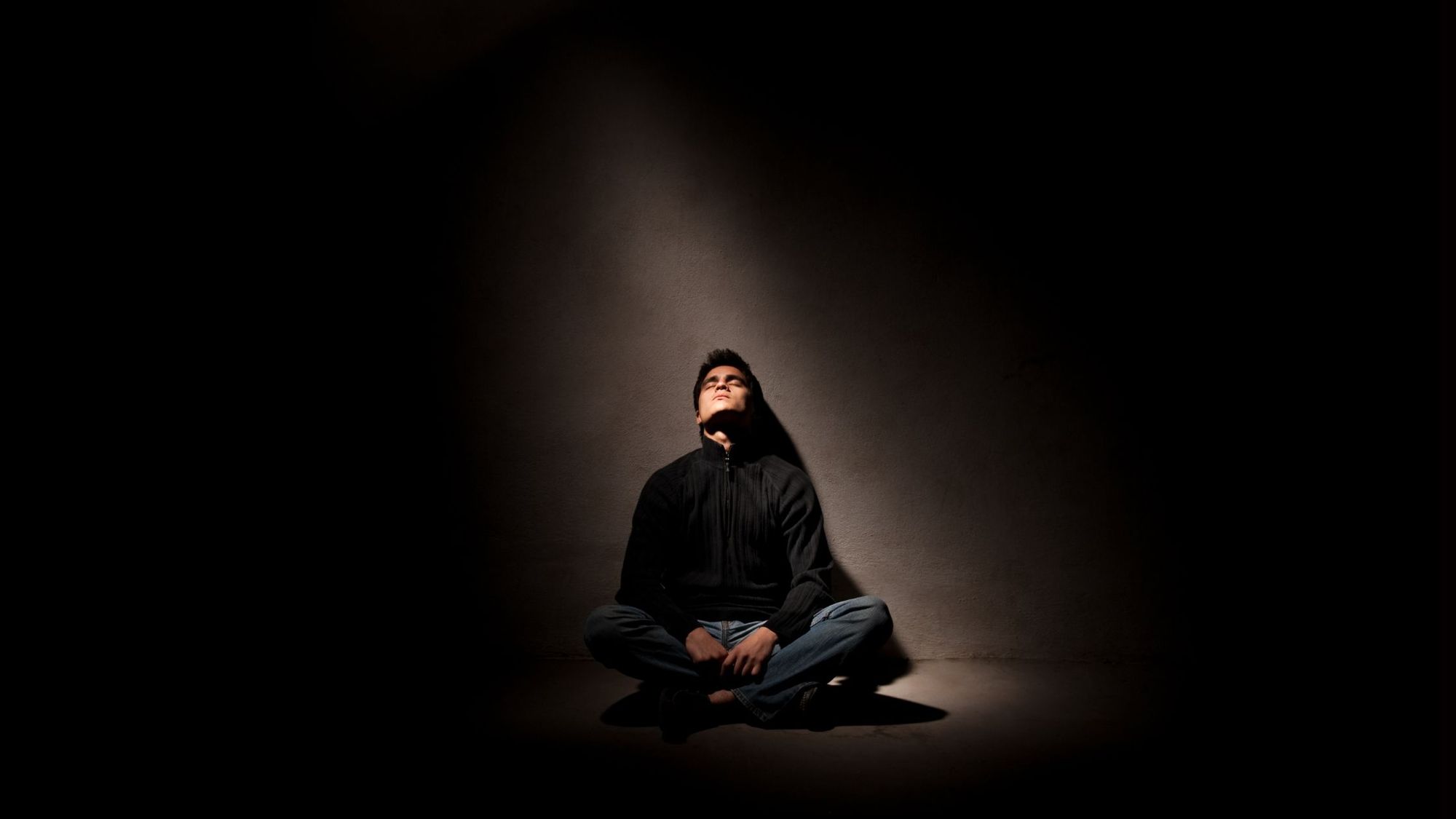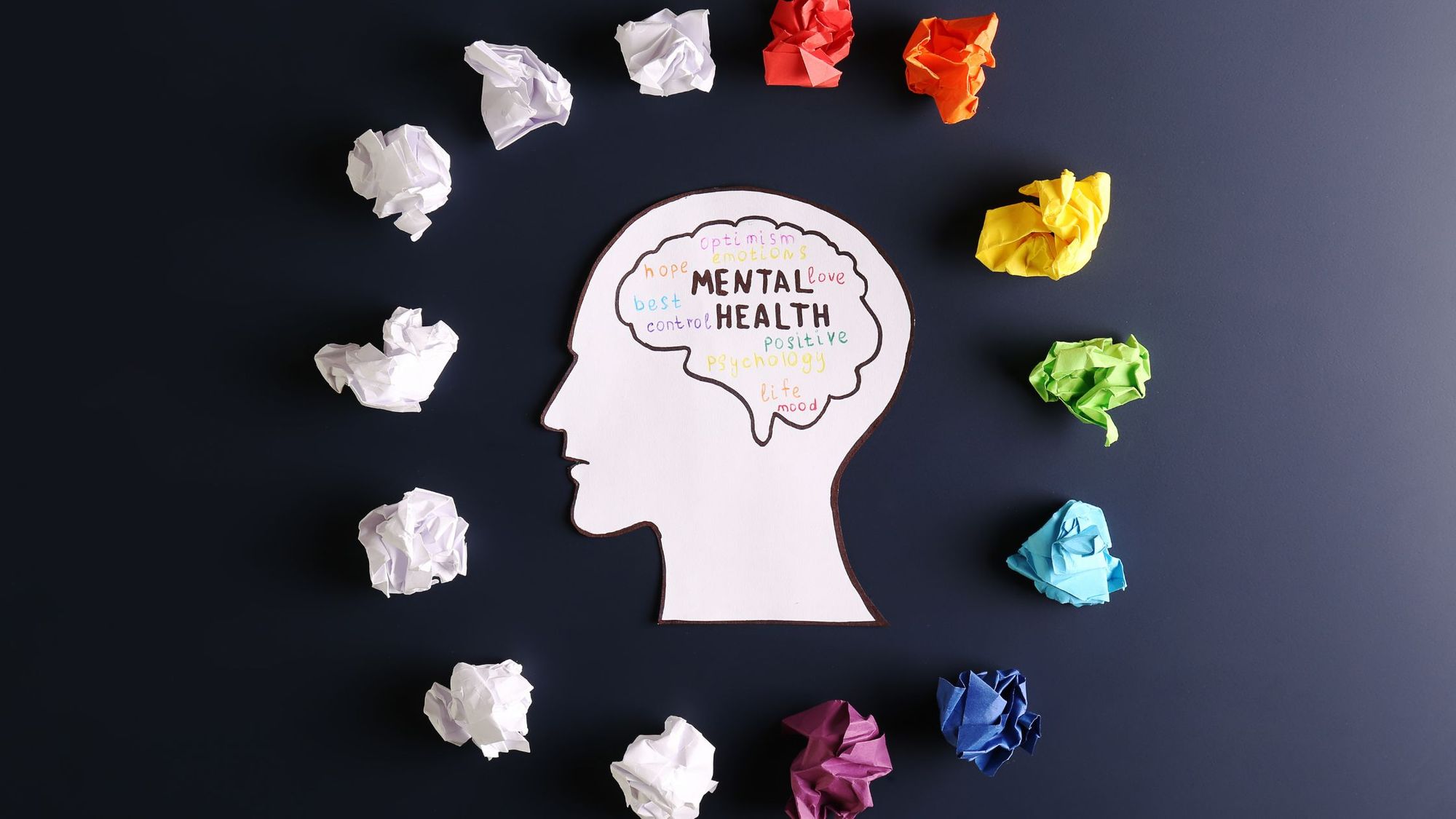
The holidays and mental health are very interconnected because the holiday season can significantly impact one’s mental health. While many individuals look forward to time of the year with parties, family reunions, and many social gatherings – others tend to suffer emotionally during the holidays.
For those who embrace all things merry and bright, it’s important to understand that not everyone feels excited or looks forward to celebrating the holiday season. For some people, this time of the year is fraught with stress, sadness, anxiety, alienation, and loneliness. Now, before you brand them as Scrooge, take pause and internalize that not everyone shares your history or life experiences.
The holidays and mental health can be connected in some pretty negative ways for people.
For instance, some people going through a divorce or grappling with serious health issues could feel melancholic during the holiday season. It is not always happy at every corner of the world because the truth is, the holidays aren’t just about festive traditions.
According to the Journal of Innovations in Clinical Neuroscience, many people experience the “Christmas Effect” (a drop in mood or changes in behavior during the holidays).
There are certain elements and expectations during this festive time of the year that foster stress, loneliness, and anxiety.
Read on to learn more about the negative impact of holiday stress and the challenges it could bring to one’s mental health.

Feelings of Loneliness Amidst the Merriment
The holiday season can make people feel very lonely and isolated if they don’t feel they have people to celebrate with, or they’re missing someone they used to celebrate with. For starters, when people celebrate with loved ones, it will inevitably remind them of the people who are no longer around to be with them. As one study pointed out, grief doesn’t take a holiday, and it may elicit apprehension and dread for those who have lost loved ones. The holidays can make people feel sad, especially if they have family traditions that no longer feel the same, since their loved one is gone.
The holiday festivities could make anyone feel isolated especially if others don’t understand what they’re going through. For example, some individuals are separated from their families or they could be sick and alone in the hospital, so they feel lonely. Invitations to celebrations or social media posts could also result in comparison. Some may feel sorry because their social calendars aren’t as packed. They believe that their family or friends are having more fun than themselves, resulting in negative thoughts about this aspect of their lives.
Furthermore, someone who doesn’t have a partner may feel more lonely than normal during the holidays, which tends to be a very romantic time of year.
If you often experience a negative connection between the holidays and mental health instead of a positive impact, it could be due to the holidays exacerbating feelings of loneliness.

The Holidays and Mental Health: Stress and Anxiety About Finances
The holidays equate to presents so for many people, this brings financial burdens. You may be worried about buying gifts for family, friends, classmates, teachers, and co-workers. Where will you find the extra spending money to get good gifts that align with your monthly budget? The last thing anyone wants is to get into credit card debt.
All of these can really add up and cause people to feel anxious over what to get as presents. There are also many dishes to prepare for the many holiday parties, which can eat up your grocery budget. Of course, you don’t want to disappoint the people in your life so all the supposed merriment around gift-giving and parties could create mental pressure.
The Winter Blues
The colder weather, longer nights, and shorter sunny days can cause people to feel the winter blues. Do you feel low during the holiday season? Well, you are not alone since a lot of people notice changes to their mental health during this most joyous time of the year. Studies show that many people become afflicted with moderate to severe symptoms of Seasonal Affective Disorder (SAD). The symptoms could begin in autumn and continue to progress into the colder winter months.
This could be alarming because SAD is a mood disorder that is a subtype of major depressive disorder or bipolar disorder. SAD can be tricky because it may take several winter cycles of depression before you get a formal diagnosis and medication. If you feel that you’re afflicted by this seasonal depression, it would help to speak to a mental help professional. You can also take a CircleDNA test to check for potential genetic mental health risks.
Packed Social Calendars Could Be Emotionally Draining
Starting in October with Halloween to New Year’s Day in January, people are often quite wrapped up with holiday activities. And it’s not just a week of events, so you’ll likely find yourself with a packed calendar, especially if you have a lot of kids. You could have work banquets, school parties, winter recitals or plays, teen’s winter dances or formals, shindigs with friends, holiday activities like ice skating with relatives, and so much more.
The holidays can make anyone feel as if there’s always something or someone who needs their attention. All of these could be overwhelming, making it difficult for you to check in with your own needs. If you’re busy taking care of everyone else, rest takes a back seat. This kind of over-exertion spanning several months could make you feel drained and empty. Moreover, a packed calendar means potential holiday weight gain and excessive alcohol, which takes a significant toll on mental wellness.
End-of-Year Work Deadlines Increase Mental Pressure
The end of the year creates a lot of stress for many who work in an office. There are year-end inventories to be done, annual fiscal budgets to be assessed, or year-end accounting reviews. This means tons of work and deadlines that need to be met before you head out of the office and enjoy the holidays. For business owners, this equates to the holiday rush so they could be putting in extended hours to fill customers’ needs at the expense of personal and family time.
It can be very frustrating, especially if you have holiday plans. You may be intending to take time off to see relatives in a different state or country. You could also be planning a vacation with your immediate family to unwind. As a result, you could be facing more stress with your work schedule. On top of that, you also have to worry about the piled-up work once you get back from vacation. It’s no wonder that the holiday season can be stressful for working people.
Social Expectations Create Undue Stress
If you have social anxiety, you’ll likely find that it’s exacerbated during the holidays. When it comes to the connection between the holidays and mental health, the pressure to attend social gatherings can cause a lot of anxiety.
Most family and friend groups gather for the holidays, so there’s an abundance of holiday parties and social activities. If your schedule is pretty packed, it could be draining to attend one event after the other. And if you’re an introvert, this can take a toll on your mental health because it’s hard to find a reprieve or downtime amidst all the holiday ruckus. You could feel obligated to spend time with loved ones, especially if you have older relatives who guilt-trip you into attendance. As a result, there could be a tendency to over-commit in order to please others and avoid hurting their feelings.
This social pressure to attend parties or expectation to host your own parties with accompanying decors and food spreads could be very overwhelming. The latter is even more toxic because it entails a lot of effort and money to host holiday parties. You have to plan the menu, clean your home, and prepare a million things to ensure the event is successful. The stress that these expectations create is very dangerous. The Journal of American Heart Association pointed out that the cardiac mortality rate is higher from December 25 to January 7 than the typical rates throughout the rest of the year. And that’s due to the holiday stress!
Hectic Travel Over the Holidays
Many families travel for the holidays to see other family members living far away. Although it feels wonderful to catch up with family you rarely see, this trip could be another stressor during this time of the year. For starters, the cost of traveling is more expensive during the holiday with prices increasing whether you’re traveling by plane, train, boat, or bus. The terminals or waiting lounges are also packed with people who are traveling, which could be cumbersome. Just imagine crying babies or children running all over the place.
By the same token, the freeways are also busier during the holidays. If you have travel plans, this could be another obstacle to a peaceful holiday season. The stress of preparation, the cost of travel, and the general pressure of busy public spaces could potentially take a toll on your emotional and mental health.
Avoid the HoliDAZE: Protect Your Mental Stability
The holiday season can bring the good, bad, and ugly along with all its festivities. It’s important to acknowledge that the most joyous time of the year could bring unique challenges in people’s lives and throw off their balance. Not everyone can tackle the holidays with ease, with many individuals finding it hard to cope with the stress and struggles that may arise and come their way this season.
It’s important not to give in to the holiday madness, so you won’t come out of the season feeling dazed as if a trainwreck coursed through your life. Instead, pace yourself by learning to say no to invitations when you’re feeling burnt out. If you’re worried about spoiling other people’s fun, explain to them why a break matters to you so you can recharge in peace. And remember, it’s important to practice self-care this holiday, so snuggle in your favorite cozy blanket and take a rest. You can also plan some much-needed alone time to unwind from the hustle and bustle.
If you often experience a negative connection between the holidays and mental health, you might consider booking extra therapy sessions during this time of year. Or, reach out for support. Try to get into the holiday spirit by planning a few activities such as inviting a friend to join you at your local Christmas market, or booking a ticket for a holiday train ride.
If you’re able to take care of your needs, you will likely feel more refreshed and ready to engage in activities and be fully present. Evidence suggests that when you savor the moment, you boost positive emotions and enjoy a better quality of life. Doing things that you enjoy could ignite that festive spark while shifting attention away from stress and negative thoughts. This could go a long way in making you feel the holiday cheer this year.
References:
- The Christmas Effect on Psychopathology (Randy Sansone & Lori Sansone) https://www.ncbi.nlm.nih.gov/pmc/articles/PMC3257984/
- Grief takes no holiday. For people who have lost loved ones, the holidays may elicit dread and apprehension. Here are some ideas that may help, now and year-round (No authors listed) https://pubmed.ncbi.nlm.nih.gov/12499125/
- Seasonal Affective Disorder: An Overview of Assessment and Treatment Approaches (Sherri Melrose) https://www.ncbi.nlm.nih.gov/pmc/articles/PMC4673349/
- Seasonal Affective Disorder: Common Questions and Answers (Samuel Galima et.al.) https://pubmed.ncbi.nlm.nih.gov/33252911/
- Revisiting the “Christmas Holiday Effect” in the Southern Hemisphere (Josh Knight et.al.) https://www.ncbi.nlm.nih.gov/pmc/articles/PMC5210403/
- Savoring Interventions Increase Positive Emotions After a Social-Evaluative Hassle (Jeffrey Kilbert et.al.) https://www.ncbi.nlm.nih.gov/pmc/articles/PMC8978832/







Comments are closed.